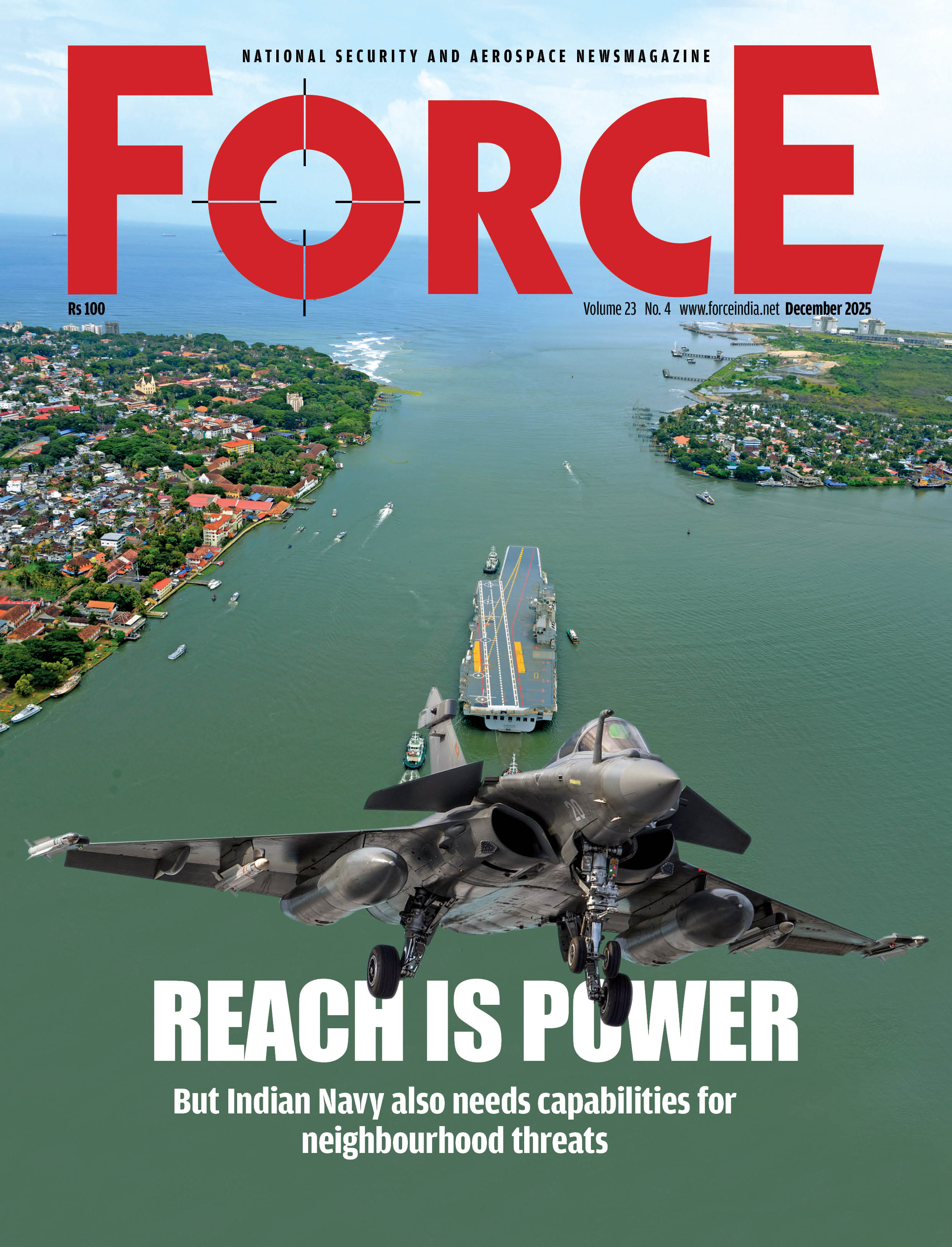The VVIP Mess
How and why did the scandal explode? Why was Michel’s name dragged into it?
Setting the scene…

On September 24, 2006, the Indian government issued a tender for 12 VVIP helicopters. After reviewing the tender in 2007, it became clear that there were three aircraft capable of being compliant, the Sikoraky S 92, the AW101 and the MIL 17. The likely winner was expected to be the Russian MIL 17 as a lot of the specifications were written around this aircraft — cabin height, operation, ceiling height, etc. To this day it has remained a mystery as to why the Russians withdrew. Their argument was that they did not wish to put up a bid bond as they were a state enterprise.
After years of evaluation, on February 8, 2010, AgustaWestland was awarded the contract, much to the irritation of its competitors.
After Michel’s discussions with Orsi, ending 2006-07, he began to get on well with Orsi, much to the concern of Haschke. He could see that Orsi was discovering that Haschke had no understanding of India and that Haschke’s main purpose, as far as Finmeccanica was concerned, was to do the company’s bidding inside AgustaWestland.
In early 2009, AgustaWestland was owned by Finmeccanica, which is where Haschke’s power lay. Haschke is said to have told Michel that there would be a new chairman of Finmeccanica appointed in the coming years, who was also his good friend, and Haschke explained he took care of many Finmeccanica executives. If Michel did not contribute some funds to support this, ultimately he would lose his job.
The next major event was Mario Monti being appointment Prime Minister of Italy (a technocrat, not a politician), who did not appoint senior executives of industries on the basis of patronage. By early 2011, the government of Mario Monti was convinced that a top to bottom shakeout
Subscribe To Force
Fuel Fearless Journalism with Your Yearly Subscription
SUBSCRIBE NOW
We don’t tell you how to do your job…
But we put the environment in which you do your job in perspective, so that when you step out you do so with the complete picture.







